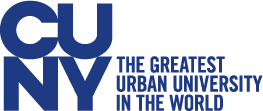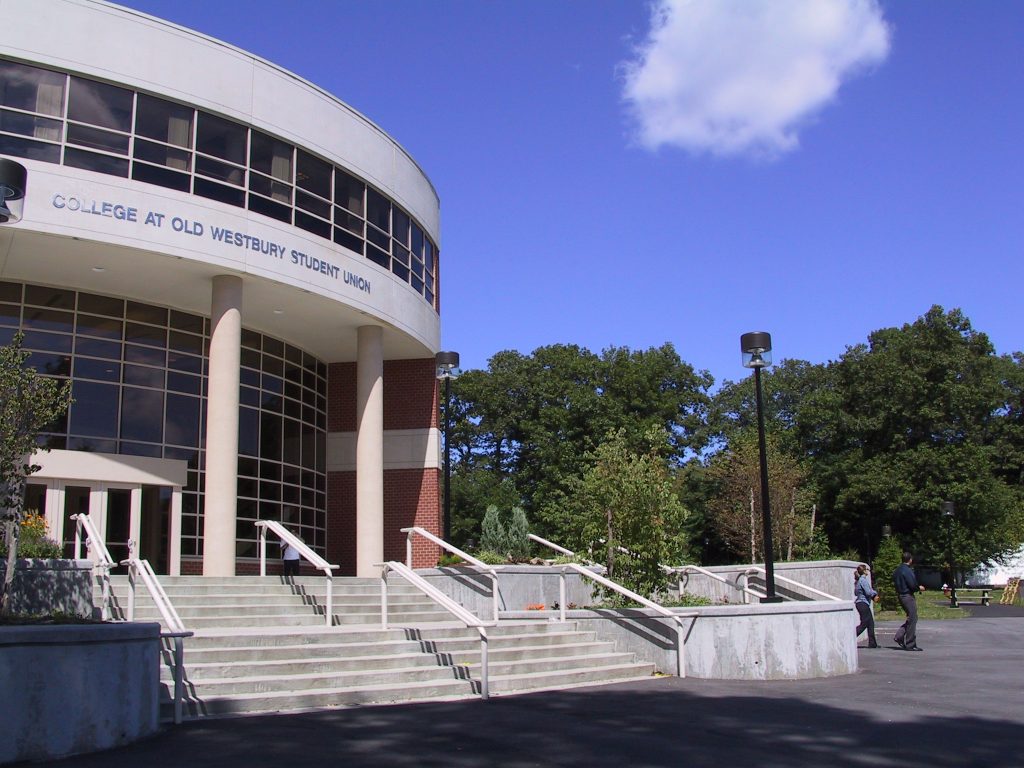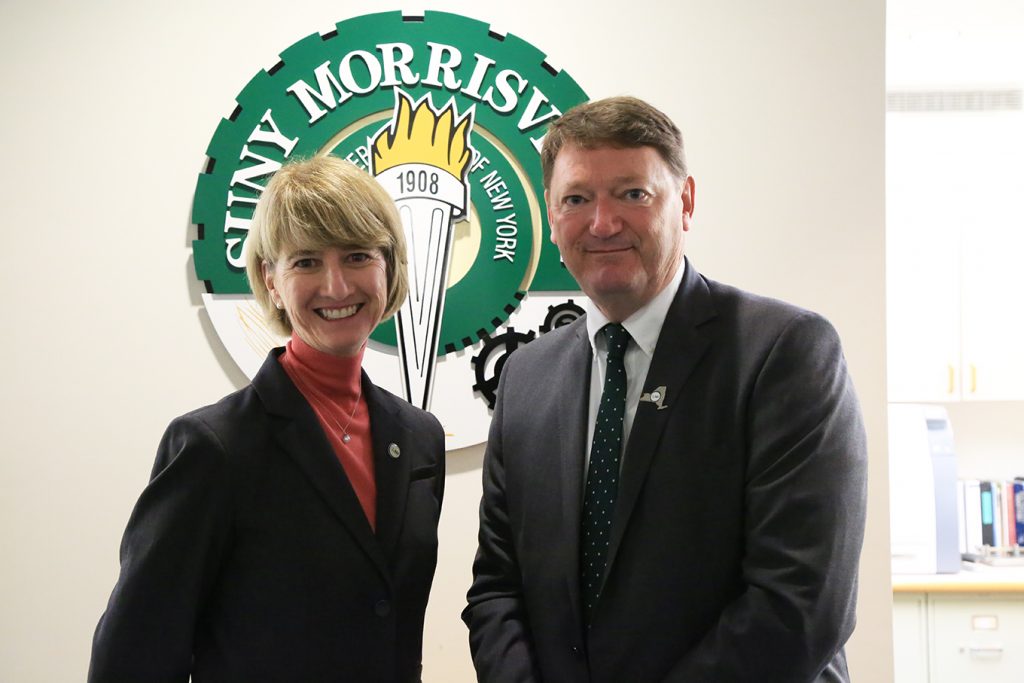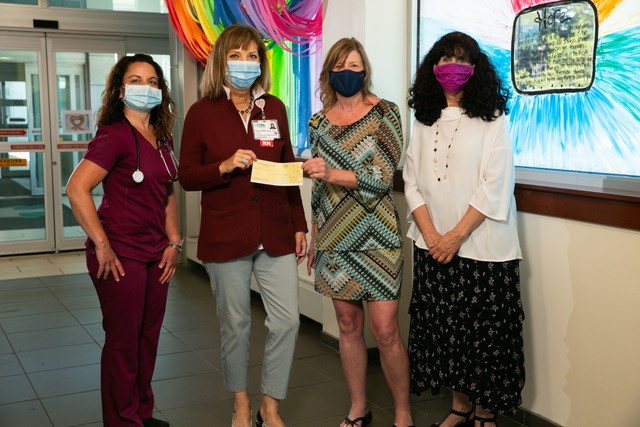The City University of New York has been named to a prestigious new national consortium that aims to improve academic opportunities for Latinx scholars in the humanities. The consortium, directed by the University of Illinois Chicago and funded by a three-year, $5 million grant from the Andrew W. Mellon Foundation, will prepare, support and mentor Latinx students who are pursuing advanced degrees and faculty positions in these disciplines.
The Mellon grant, “Crossing Latinidades: Emerging Scholars and New Comparative Directions,” includes 16 Hispanic-Serving Institutions (HSIs) that are top-tier doctorate-granting universities with high research activity, also known as R-1 schools.
“That this auspicious Mellon Foundation honor for CUNY arrives in the midst of Hispanic Heritage Month, makes it all the more significant as we connect our past to our present and future. CUNY is poised to make vital contributions to this consortium, as demonstrated by the fine research that has been initiated over many years by our colleges and renowned Latinx-focused research institutes, and to the mentoring of scholars of remarkable promise,” said CUNY Chancellor Félix V. Matos Rodríguez. “We, at CUNY, in concert with other prominent universities, will work to ensure that this initiative leads to tangible advances in scholarship and that it will have an historic effect on the fields that contribute to Latinx Studies.”

The CUNY system counts 16 HSIs – the highest number in New York State – and several high-profile Latinx research institutes including the CUNY Dominican Studies Institute at City College, the Center for Puerto Rican Studies (Centro) at Hunter College, the Center for Latin American, Caribbean and Latino Studies (CLACLS) at the CUNY Graduate Center and the CUNY Mexican Studies Institute at Lehman College.
“This prestigious award allows CUNY and our partners to create powerful networks for up-and-coming Latinx scholars and to advance research that addresses critical issues affecting Latinx communities,” said Robin L. Garrell, president of the CUNY Graduate Center, who is coordinating CUNY’s participation in the consortium. “We are thrilled to join this important collaboration to cultivate a new generation of Latinx faculty and to elevate vital Latinx studies scholarship, in keeping with our role as an engine of opportunity and social mobility for the diverse communities that we serve as an urban, public, research-intensive university.”
City College Professor Ramona Hernández, the long-serving director of CUNY’s Dominican Studies Institute, will work with the initiative as a mentor and adviser. Hernandez, a CUNY alumna and author of pioneering texts in the areas of migration, labor and Dominican studies, expanded the Institute’s library and launched its renowned archives.
“As the largest urban public university system in the United States and as an institution historically charged with serving the less privileged in society, CUNY is uniquely positioned to empower the critically important and underserved field of Latino Studies,” Hernández said, noting the role of CUNY’s “one-of-a-kind” institutes, which she says are “a time-tested model for specialization, collaboration and comparative analysis.”
Victoria Stone-Cadena, associate director of CLACLS, adds that the center “has engaged in cutting-edge research on issues that impact the diverse Latin American-origin groups in the city and nation. CUNY is also home to some of the longest standing ethnic studies departments focused on the Latina/o/x/e experience in the nation.”
CLACLS also produces high-end, accessible, Latino Data Project reports on the diverse Latino communities in New York City and in the Metropolitan area. Since 2003, the center has produced more than 90 reports that provide essential data on issues such as basic demography, housing, gentrification, education, health care access, citizenship status and socioeconomic mobility within the Latino communities in New York City.
Focus on Mentoring, Methods
The initiative will include a yearly summer institute on Latino studies methodologies and theories and a mentorship program to enhance the comparative research skills, intellectual curiosity, creativity and critical thinking of rising scholars. Each university will send two pre-proposal graduate students to the summer institute, and 96 students in total will benefit from the institute and from an assigned mentor.
The program will also include a research working group initiative, which will develop a new model of cross-regional research to reflect the changing configurations of Latinos in the United States more accurately. Funding in the grant’s second and third years will allow for the establishment of 10 research working groups that will include senior and junior Latino humanities scholars as well as six graduate students. Plans also include the creation of a web portal that will network all faculty conducting research in Latino studies at the consortium’s universities.
According to the Hispanic Association of Colleges and Universities (HACU), Hispanic enrollment in higher education is expected to exceed 4.4 million students by 2025, far surpassing the growth rate of any other racial-ethnic group.






Facebook Comments